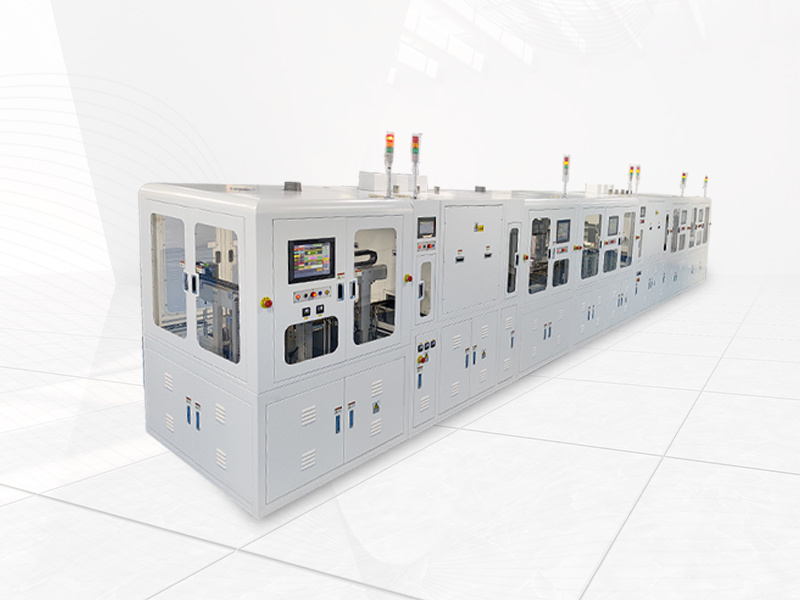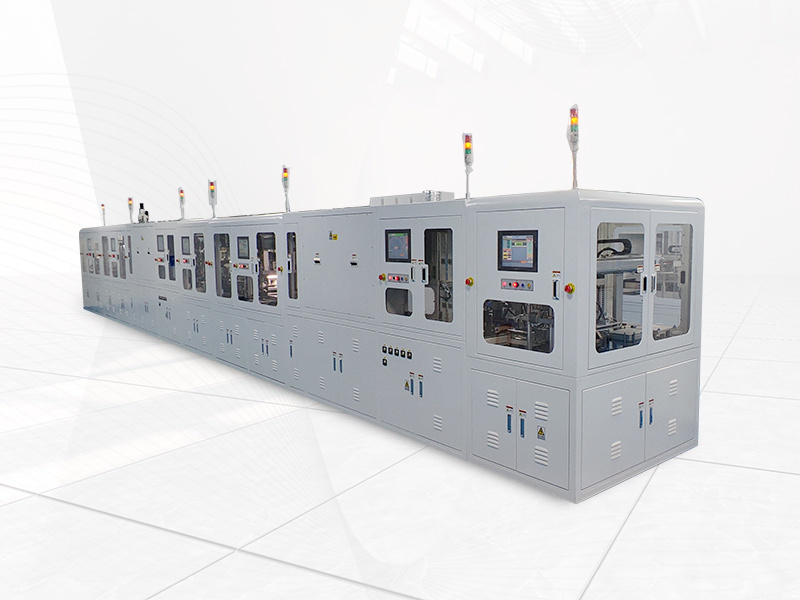Understanding the Benefits and Applications of Automatic Dipping Machines in Manufacturing
Release time:
Jun 27,2025
In the realm of manufacturing processing machinery, Automatic Dipping Machines play a pivotal role in enhancing productivity and ensuring consistent quality in the production line. These machines are designed to automate the process of dipping components in various solutions, such as coatings, inks, or paints, which is a critical step in many manufacturing operations.
One of the primary benefits of using an Automatic Dipping Machine is the significant increase in efficiency. Traditional manual dipping processes can be time-consuming and prone to human error. With an automatic system, the dipping process is streamlined, allowing for higher output rates and reduced labor costs. This automation minimizes variability in the dipping process, ensuring that each item receives a uniform coating, which is vital for product quality and performance.
Moreover, Automatic Dipping Machines often feature advanced technology that allows for precise control over dipping parameters. Operators can easily adjust settings such as immersion depth, dwell time, and withdrawal speed to meet specific production requirements. This flexibility enables manufacturers to adapt to different materials and coating solutions, making these machines highly versatile for various applications, from electronics to automotive parts.
In addition to efficiency and control, these machines also contribute to improved safety in the workplace. By automating the dipping process, the exposure of workers to potentially hazardous chemicals is minimized. This not only protects the health of employees but also helps companies comply with safety regulations and standards, thereby reducing potential liabilities.
Another critical aspect is the reliability and maintenance of Automatic Dipping Machines. Modern units are typically designed with durable materials and components that withstand the rigors of continuous operation. Regular maintenance schedules can further ensure optimal performance, prolonging the lifespan of the machine and minimizing unforeseen downtimes that could disrupt production.
Finally, it's essential to consider the environmental impact of using Automatic Dipping Machines. Many newer models are designed with sustainability in mind, utilizing efficient systems that reduce waste and energy consumption. By optimizing the amount of dipping solution used and incorporating recycling mechanisms, manufacturers can operate more sustainably.
In conclusion, Automatic Dipping Machines represent a significant advancement in the manufacturing processing machinery sector. Their ability to enhance efficiency, improve safety, and ensure consistent product quality makes them invaluable tools in a wide range of industries. As manufacturing continues to evolve, investing in such technology will likely remain a crucial factor in maintaining competitiveness and meeting ever-increasing product demands.
One of the primary benefits of using an Automatic Dipping Machine is the significant increase in efficiency. Traditional manual dipping processes can be time-consuming and prone to human error. With an automatic system, the dipping process is streamlined, allowing for higher output rates and reduced labor costs. This automation minimizes variability in the dipping process, ensuring that each item receives a uniform coating, which is vital for product quality and performance.
Moreover, Automatic Dipping Machines often feature advanced technology that allows for precise control over dipping parameters. Operators can easily adjust settings such as immersion depth, dwell time, and withdrawal speed to meet specific production requirements. This flexibility enables manufacturers to adapt to different materials and coating solutions, making these machines highly versatile for various applications, from electronics to automotive parts.
In addition to efficiency and control, these machines also contribute to improved safety in the workplace. By automating the dipping process, the exposure of workers to potentially hazardous chemicals is minimized. This not only protects the health of employees but also helps companies comply with safety regulations and standards, thereby reducing potential liabilities.
Another critical aspect is the reliability and maintenance of Automatic Dipping Machines. Modern units are typically designed with durable materials and components that withstand the rigors of continuous operation. Regular maintenance schedules can further ensure optimal performance, prolonging the lifespan of the machine and minimizing unforeseen downtimes that could disrupt production.
Finally, it's essential to consider the environmental impact of using Automatic Dipping Machines. Many newer models are designed with sustainability in mind, utilizing efficient systems that reduce waste and energy consumption. By optimizing the amount of dipping solution used and incorporating recycling mechanisms, manufacturers can operate more sustainably.
In conclusion, Automatic Dipping Machines represent a significant advancement in the manufacturing processing machinery sector. Their ability to enhance efficiency, improve safety, and ensure consistent product quality makes them invaluable tools in a wide range of industries. As manufacturing continues to evolve, investing in such technology will likely remain a crucial factor in maintaining competitiveness and meeting ever-increasing product demands.









